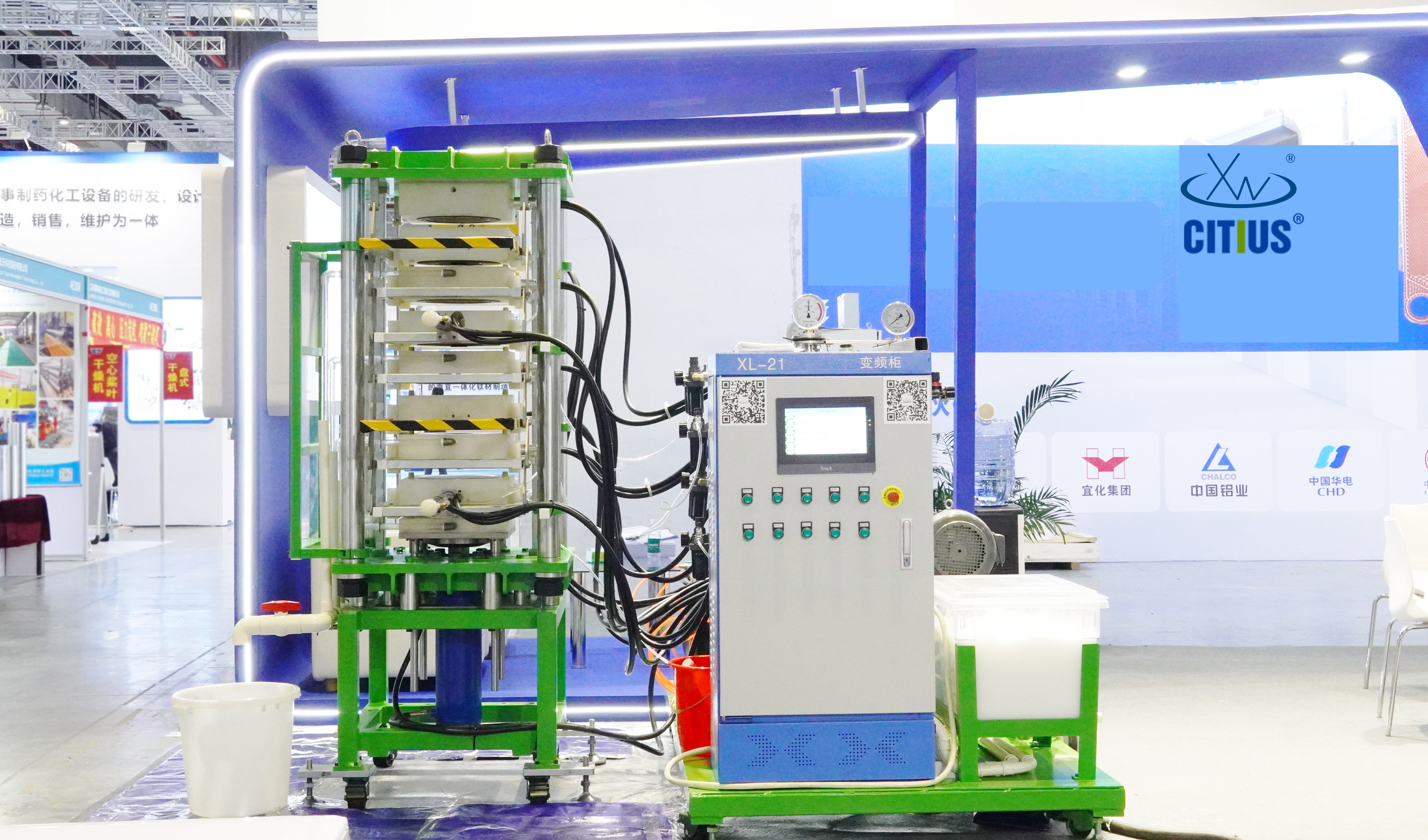Filter material
Release time:
2025-07-16
The Unsung Hero: What Is Filter Material?
Ever wondered what keeps our air and water clean? The answer lies in a little something called filter material. This versatile component is the backbone of numerous filtration systems, ensuring that we breathe easier and drink cleaner. From household appliances to industrial applications, filter material is everywhere, silently working its magic.
Types of Filter Material
When it comes to filter material, variety is the spice of life! Here’s a quick rundown of common types:
- Activated Carbon: Often used in air and water filters, this material is like a sponge, soaking up impurities and odors.
- HEPA Filters: High-Efficiency Particulate Air filters trap 99.97% of particles, making them perfect for hospitals and clean rooms.
- Fiberglass: Lightweight and durable, fiberglass filters are commonly found in HVAC systems, helping to maintain air quality.
- Cellulose: A biodegradable option, cellulose filters are made from plant fibers and are often used in residential air filters.
Why Quality Matters
Now, let’s not beat around the bush—quality matters! Cheap filter material may save you a few bucks upfront, but it could cost you more in the long run. Subpar filters can release contaminants back into your environment or require frequent replacements. Investing in high-quality filter material is like buying peace of mind.
Applications Across Industries
Filter material is not just a one-trick pony. Its applications span various fields:
- Agriculture: Farmers use filter material in irrigation systems to prevent clogging and ensure clean water supply.
- Automotive: Cars depend on filter material to keep engines running smoothly, filtering out dirt and debris.
- Healthcare: In medical settings, filter material is essential for maintaining sterile environments and ensuring patient safety.
- Food and Beverage: Quality control in food production relies heavily on filtration to remove impurities.
The Environmental Impact
Let’s take a moment to talk about the big picture. Filter material not only improves our daily lives but also plays a crucial role in environmental protection. Proper filtration systems reduce pollution and ensure that harmful substances don’t make it into our ecosystems. It’s a win-win!
Conclusion: Filter Material is Here to Stay!
In a nutshell, filter material is an integral part of modern life. From keeping our homes fresh to ensuring clean water flows from our taps, it’s hard to overstate its importance. As industries evolve and environmental standards tighten, the demand for reliable filter material will only increase. So, the next time you take a breath of fresh air or enjoy a glass of clean water, remember the unsung hero working behind the scenes!
Previous article:
The next one:

